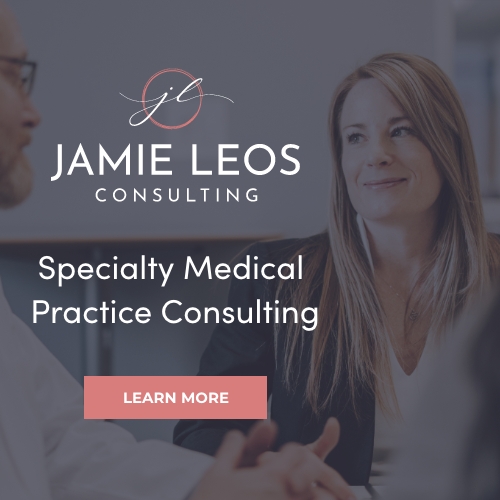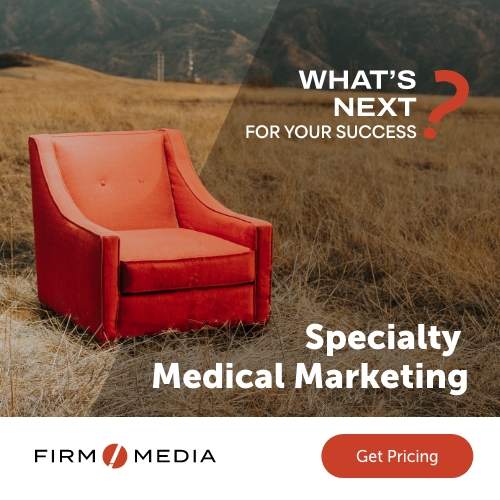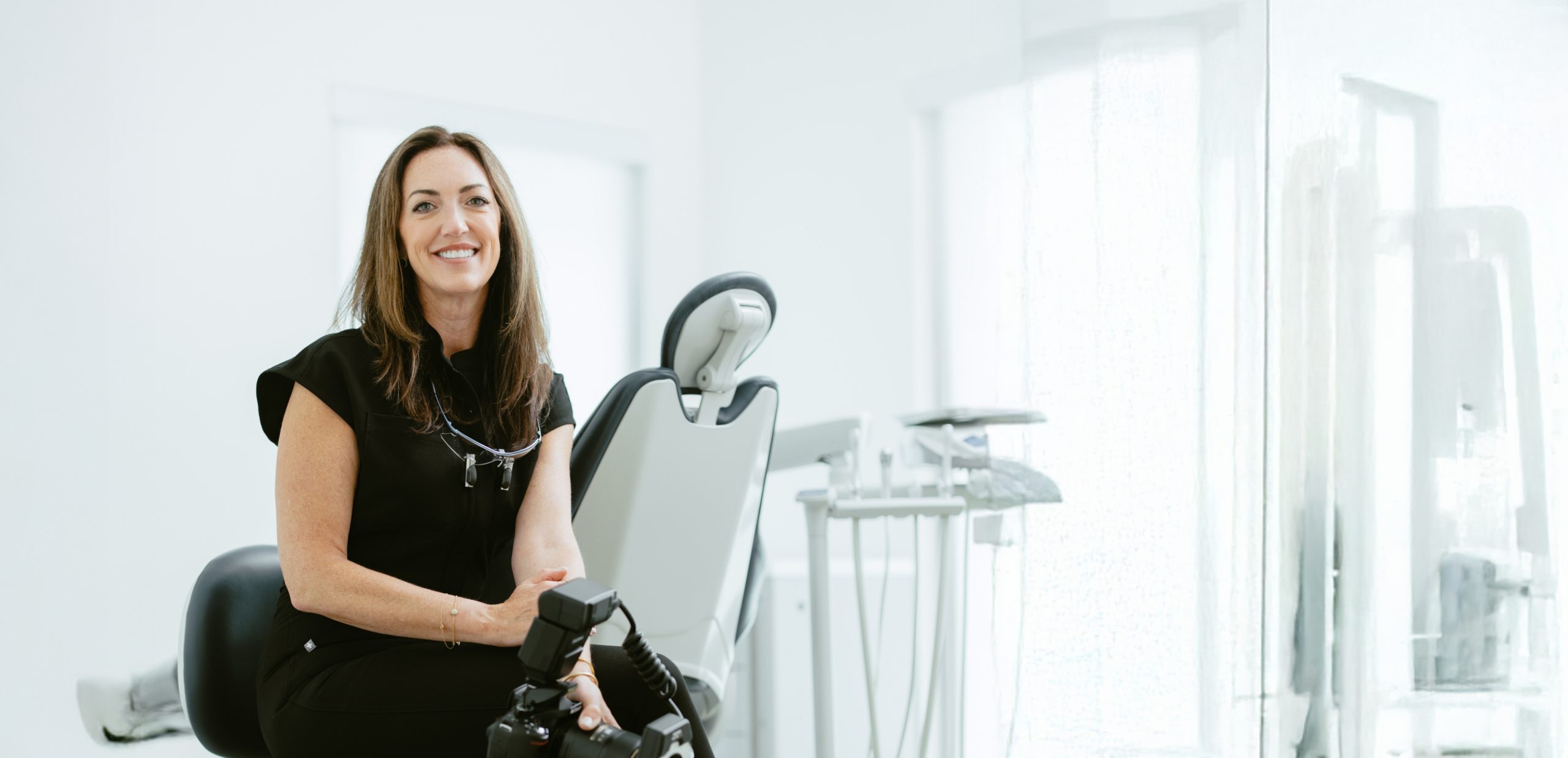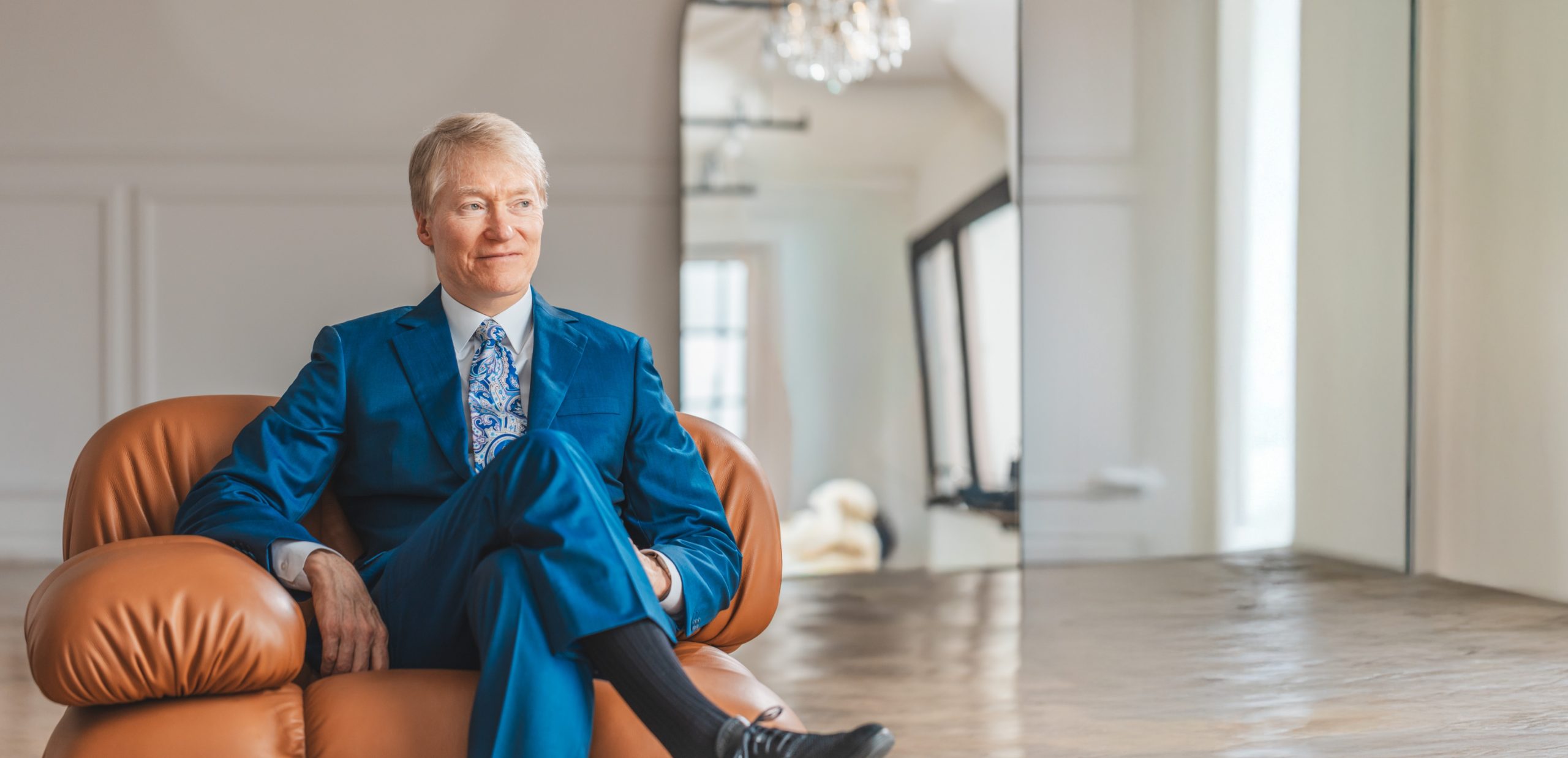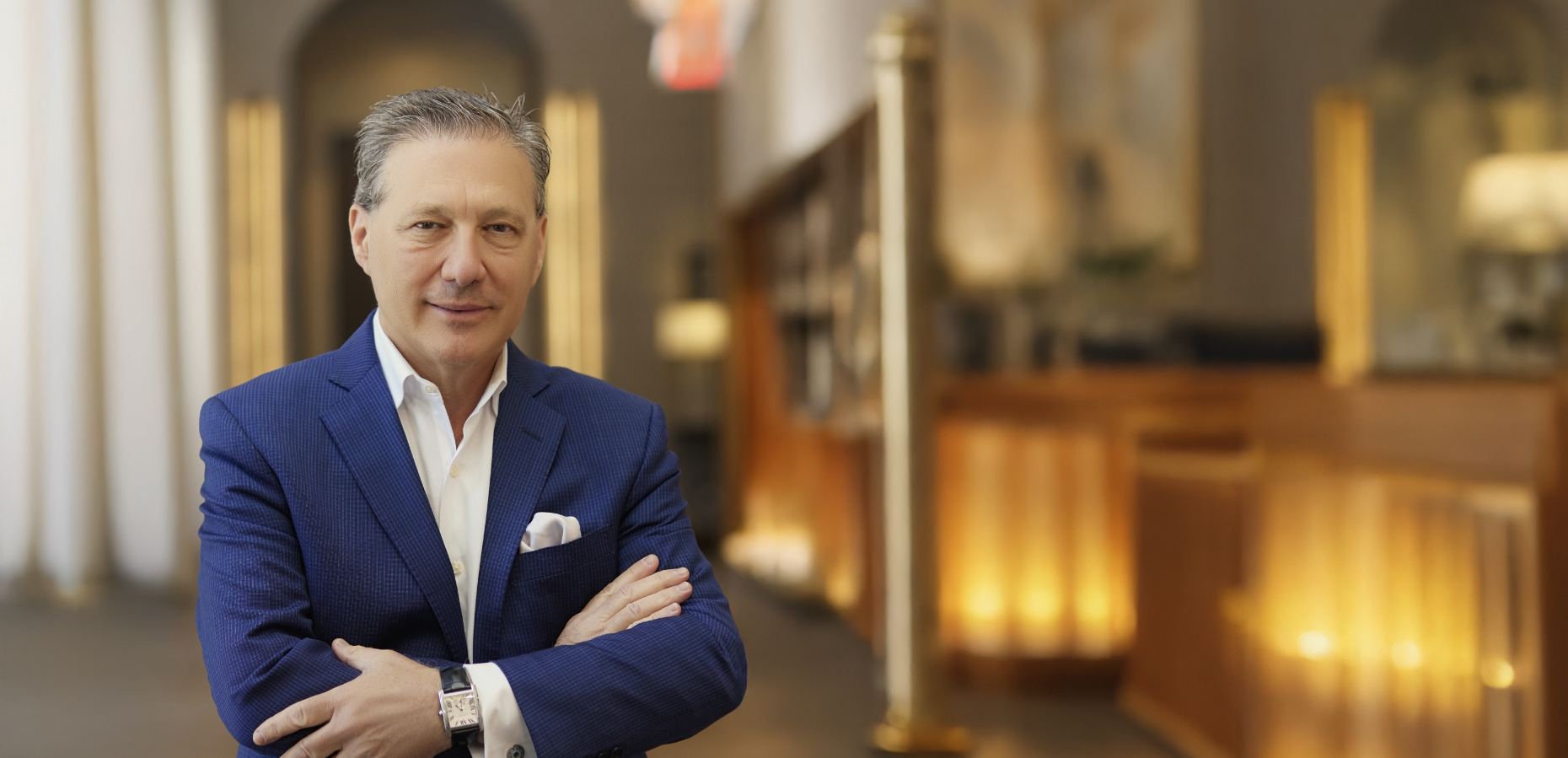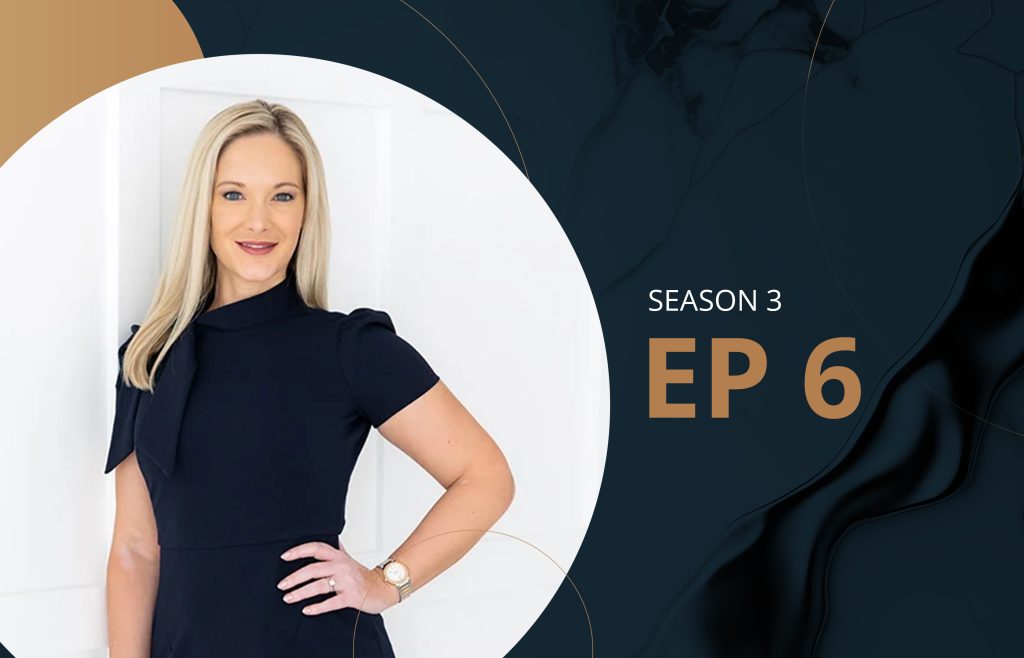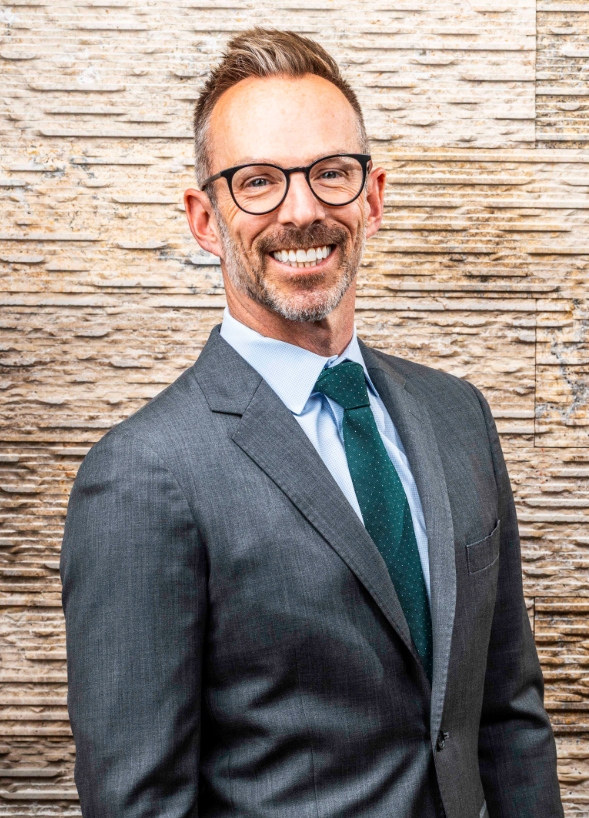
As an oral and maxillofacial surgeon at Longmont Oral & Maxillofacial Surgery in Colorado, Dr. Kevin Andrus is recognized not only for his clinical expertise but also for the way he approaches care with intention, empathy, and ethical clarity. A partner in a respected practice alongside Dr. Benjamin Howard, Dr. Andrus brings a quiet strength to every patient interaction.
In this Ailm Atelier™ interview, Dr. Andrus opens up about the unique intersection of dentistry and medicine that drew him to oral surgery, the principles that guide his treatment philosophy, and the profound impact a single patient’s journey had on his perspective.
Interviewer:
What drew you to the world of oral surgery and ignited your passion for helping people?
Dr. Andrus:
Oral and maxillofacial surgery is such a fascinating specialty because it dynamically combines two disciplines: medicine and dentistry. Early in my dental training, I realized that I wasn’t particularly enthusiastic about focusing solely on teeth. I wanted to do more and treat people more comprehensively.
When I was introduced to oral surgery, it was a perfect fit. It allowed me to care for patients more deeply, addressing conditions that affect not only their smiles but their overall well-being. The surgical aspect, the anesthesia component, and the patient relationships all felt aligned with who I am and what I care about.
What keeps me fulfilled to this day is the people and the fact that no two patients are the same. Every day brings a new opportunity to listen, educate, and apply the experience I’ve built to help someone feel heard, safe, and cared for.
Interviewer:
How do you consider a patient’s emotional and psychological needs when developing treatment plans?
Dr. Andrus:
The first step is always listening. Even if I only have a short time with a patient, I make sure they feel I’m fully present during that time. It’s essential to understand their story—how they got here, what they’re afraid of, and what outcome they’re hoping for.
From there, I try to provide education. Many patients have undergone dental treatments in the past but were never fully informed about the purpose, duration, or potential alternatives. I want people to feel empowered, not pressured.
Ultimately, I strive to set realistic expectations. I think that’s something that gets overlooked in our field. If someone chooses a particular treatment, they should also understand the potential risks or long-term considerations, so there are no surprises later.
Interviewer:
If you could summarize your philosophy into a few key principles, what would they be?
Dr. Andrus:
Be present. Be inquisitive. Educate honestly and consistently treat patients like family.
I truly believe in only recommending a treatment if I would recommend the same thing for my loved ones. Just because I can do something surgically doesn’t mean I should. Sometimes a patient could technically undergo a complicated series of surgeries to place dental implants, but if their health is compromised or their goals don’t align with the effort required, I won’t push for it.
The foundation of my philosophy is empowering patients through education and informed decision-making. I want them to be the ones making the decision, based on accurate information.
Interviewer:
Can you recall a patient encounter that deeply moved you and helped shape how you approach your work?
Dr. Andrus:
One patient who stands out was a man in his 30s who came in with a fractured, infected tooth. His general dentist had tried to remove it without success, so he was referred to our office. He’d had a rough day, and my priority was simple: relieve his pain and make him feel comfortable again.
During his post-operative visit, he began inquiring about more comprehensive care, specifically what it would take to replace all his teeth. He had multiple missing and compromised teeth due to years of grinding, fractures, and wear.
Medically, it was a complex situation. He was dealing with significant health challenges, including obesity, high blood pressure, and severe sleep apnea. At that stage, I knew that any extensive, multi-phase surgical plan would require careful planning, collaboration with his medical team, and likely some personal health milestones along the way.
What followed was remarkable. He returned months later, and then again a year after that. In that time, he had made dramatic improvements in his health. He’d lost a substantial amount of weight, his sleep apnea had resolved, and he had connected with a cardiologist who helped him stabilize his blood pressure.
When he came back with a clear treatment plan from a prosthodontist for full-arch prosthetics, I was genuinely impressed. He had done the work, taken ownership of his health, and turned what once felt like a distant goal into a very real possibility.
We proceeded with the surgery, and everything went smoothly. During the healing phase, his strong bite caused several of his temporary prosthetics to fracture, which made me concerned about the implants’ stability. But when we tested them four months later, all twelve had healed beautifully. It was an emotional moment for both of us.
That experience shifted my perspective. It reminded me that readiness isn’t just about where a patient is today; it’s about where they’re willing to go. Healing often happens quietly, behind the scenes, through determination and perseverance.
Interviewer:
What key takeaways do you hope Ailm Atelier readers will gain from your interview?
Dr. Andrus:
I hope readers walk away feeling empowered to trust their instincts when choosing a provider. Seek someone who listens, who educates, and who won’t rush you into treatment just because they can. You deserve specialists who are well-trained and who genuinely take the time to understand your goals.
Oral surgery can be intimidating. But when it’s done in a way that aligns with your values and goals, it can also be profoundly life-changing. That’s the kind of care I strive to provide every day.

